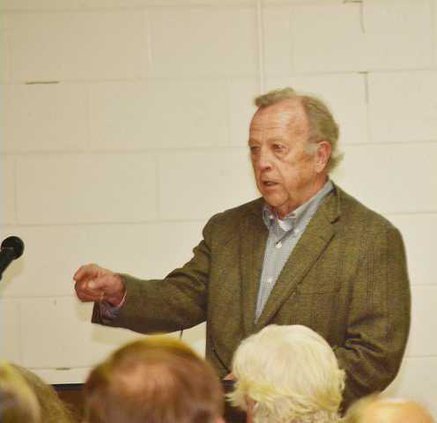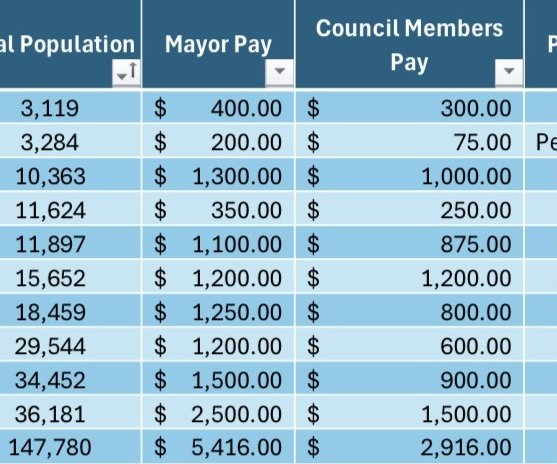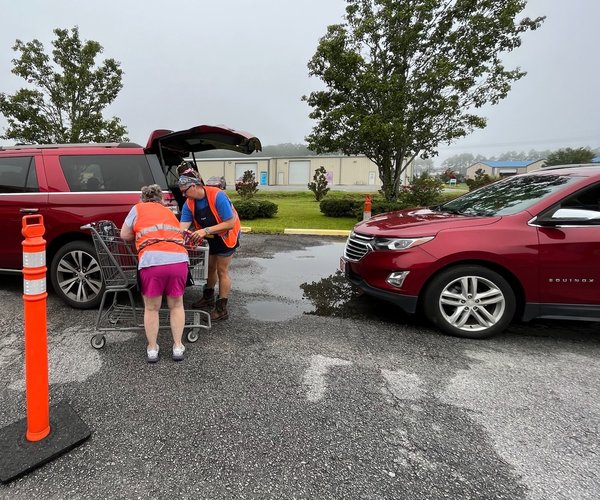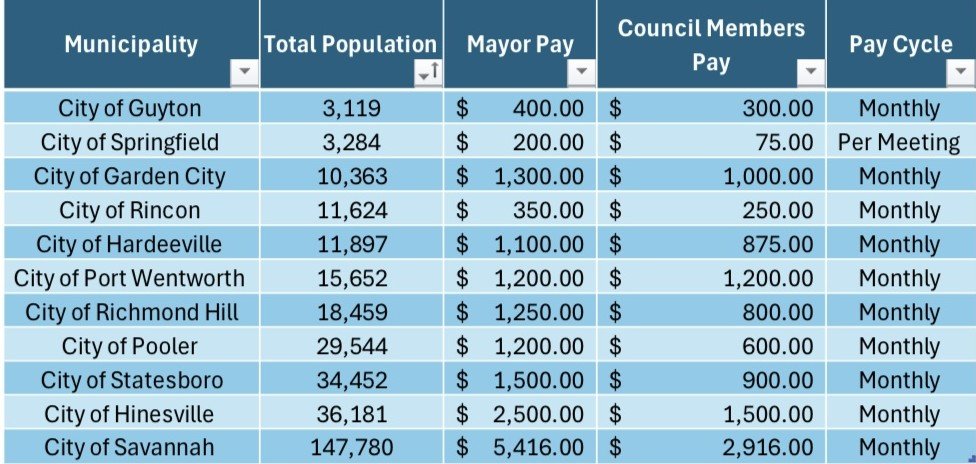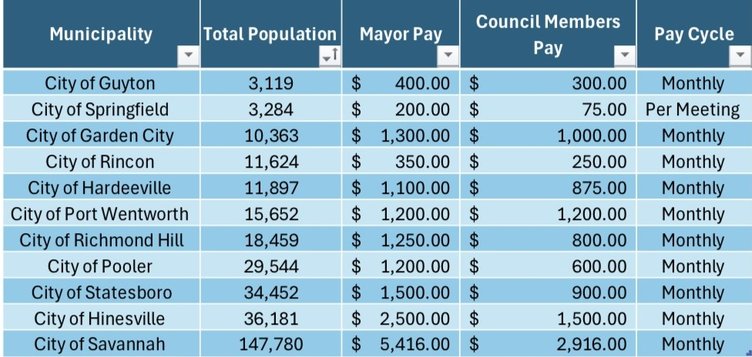Guyton City Council voted unanimously to move forward with the construction of a proposed wastewater treatment plant.
The city has struggled with wastewater treatment capacity issues for some time, said Mayor Jeff Lariscy in a release. While Springfield has provided Guyton with treatment capacity for a number of years, Springfield officials are anticipating a need for relief from serving Guyton in order to embrace both commercial and residential growth of their own, according to Guyton officials.
In addition to the city providing a long-term wastewater solution for its citizens, several factors have contributed to the need to move forward on the construction, according to city officials. Developers are seeking additional connections for new construction at a time when the city is nearing its capacity agreements with the city of Springfield.
Last year, a state administrative judge found the issuance of the permit, which expires Aug. 6, was valid. The ruling stemmed from a suit filed against the state Environmental Protection Division and the city.
While the court decision has been appealed, city officials said they are confident that the appeals court will uphold the decision. Guyton is investigating a refinance of the bond issued to fund the wastewater treatment plant and will need accurate construction costs to do this.
Craig Barrow, who owns property adjacent to where the plant will be built and its sprayfield established, appealed a state administrative judge’s ruling that the state’s land application system permit for the city was valid, even though the judge agreed with Barrow on several key points.
Barrow filed an appeal of Administrative Law Judge Kristin Miller’s decision in Chatham County Superior Court on June 25. Under the EPD permit, Guyton plans to put in a sprayfield on 265 acres off Riverside Drive, across the road from Barrow’s property. Approximately 44.1 acres, or 17 percent, of the site will be devoted to the sprayfield.
“Unless the city of Guyton has picked an alternate location for its new wastewater treatment facility, we’re still opposed to it being constructed in sensitive wetlands so close to the Ogeechee River,” said Ogeechee Riverkeeper executive director Emily Markesteyn. “We feel there are safer, probably less costly options, such as working with Effingham County to send the wastewater to the county’s reuse plant. I understand their need to take action, but Ogeechee Riverkeeper feels they aren’t working toward the best solution right now.”
In her decision, Judge Miller said that although the permit does not strictly comply with the land application system guidelines in all respects, state EPD Director Jud Turner was authorized to grant the permit.
“That does not mean the Guyton site is an ideal location for an LAS facility,” Judge Miller continued. “On the contrary, as detailed in the Findings of Fact, the site is characterized by rapidly permeable, sandy soils that heighten the risk of off-site migration of wastewater nutrients; a relatively high groundwater table with an uncomfortably close connection to nearby wetlands, which support a large population of vulnerable aquatic species; and a 100-year floodplain that is likely more expansive than has been recognized by FEMA.”
But sprayfield guidelines “’are not intended to be a cookbook,’” Judge Miller wrote, and Turner is not required to reject a permit if a site does not meet each criteria listed.
Judge Miller also wrote that if the nitrate levels exceed the standards acceptable for drinking the EPD director has “a variety of enforcement tools” available. “Although compliance can never be guaranteed with absolute certainty, the Court is satisfied that the City has the ability to comply with the Permit in this case,” she added.
Barrow initially challenged the permit in November 2013, and after three days of testimony, the administrative court ruled he had standing to bring the action. After the EPD director ruled the permit was in compliance, Barrow renewed his appeal, leading to two days of testimony in March 2015.
Barrow also commissioned an economic study of the plant that showed connecting to the county’s existing system would be cheaper.
That report said “capital and treatment costs are much lower … for sending sewage to Effingham County for treatment.” It also said annual sewage treatment costs for connecting to the county would be cheaper by $54,000 to start and $39,000 cheaper seven years out.
The city has been planning for years to build a 250,000 gallon-per-day capacity sewage treatment plant off Riverside Drive at a projected cost of $4.75 million. Guyton was approved for a $13.3 million loan from the Georgia Environmental Financing Authority in 2008.
The city has reviewed other options for wastewater treatment including the purchase of capacity at the county’s treatment plant. However, with the cost associated with building the infrastructure to reach the county plant, and the cost to purchase capacity at the facility, building an independent wastewater treatment plant for the city was considered by council members to be the best option for the citizens of Guyton.
City officials said they are eager to begin construction as soon as early summer.
A bench trial has been scheduled for Aug. 1 in front of Chatham County Superior Court Judge Michael Karpf for Barrow’s suit against the EPD and the city of Guyton.

